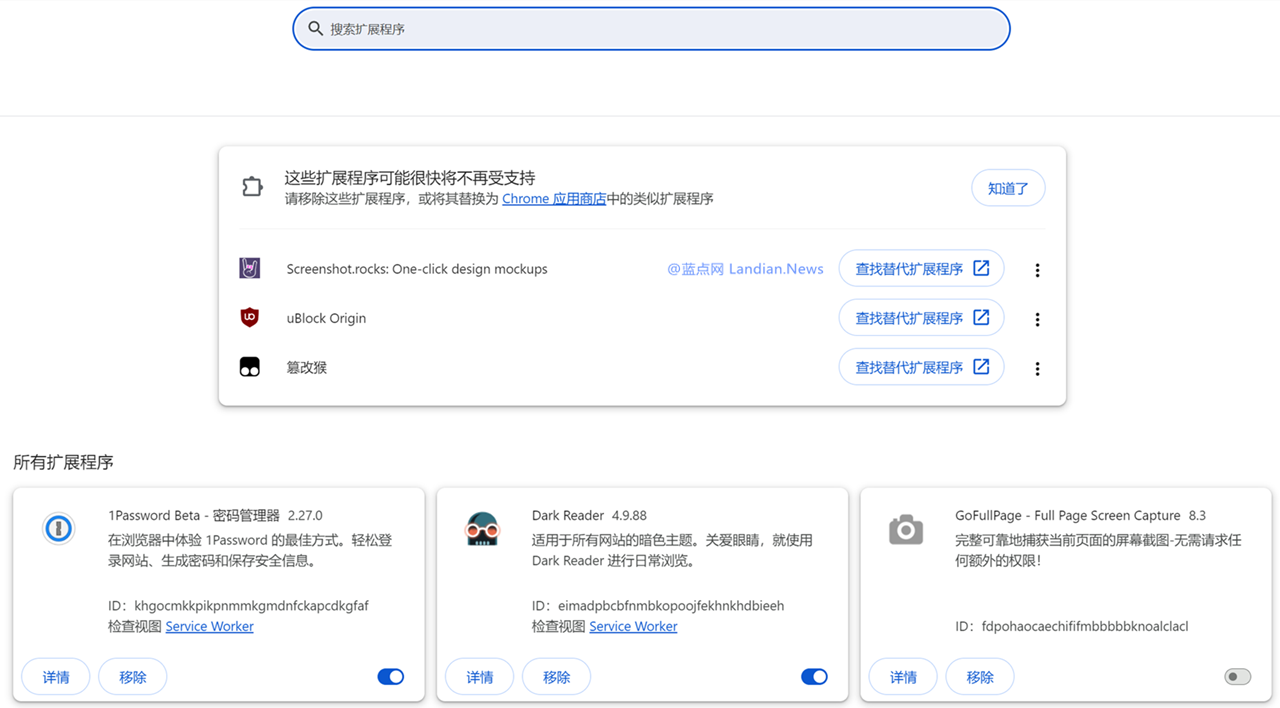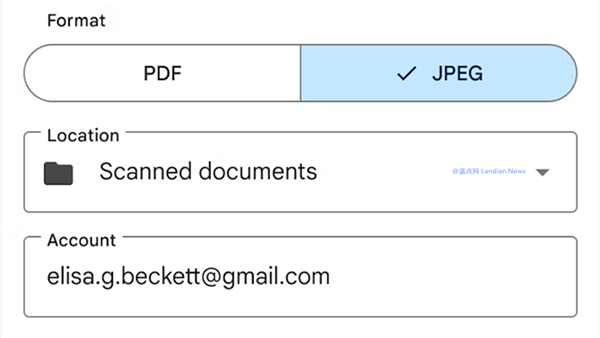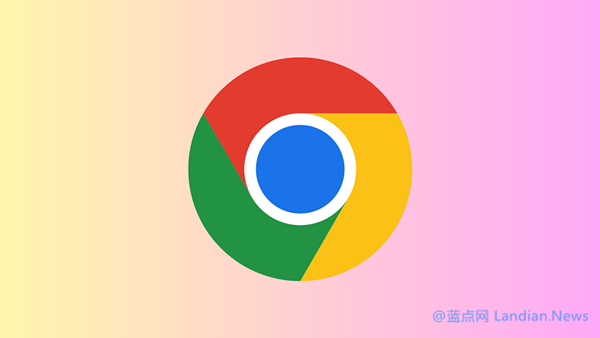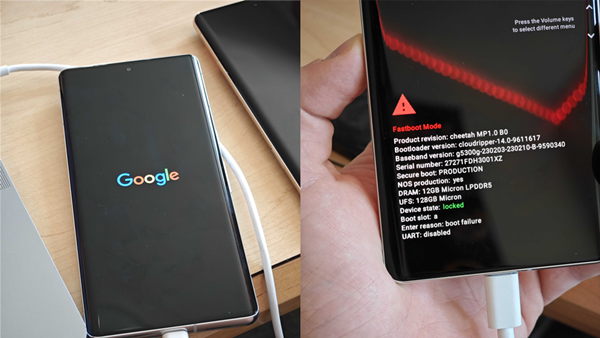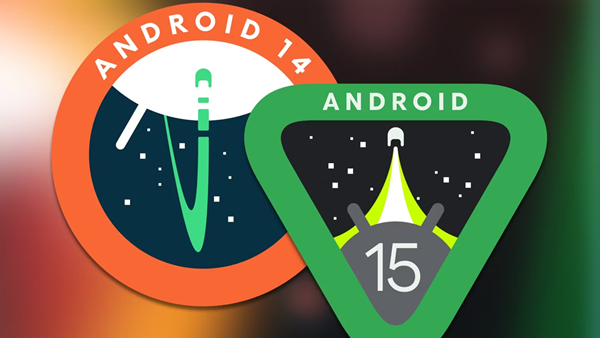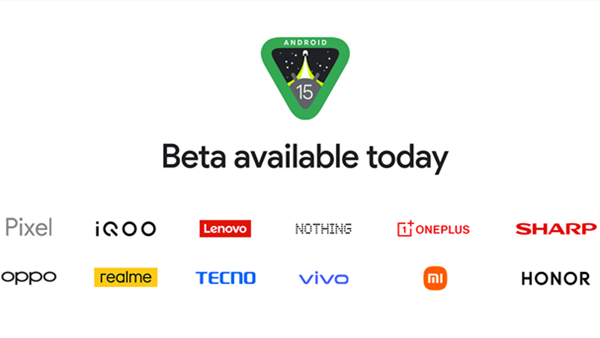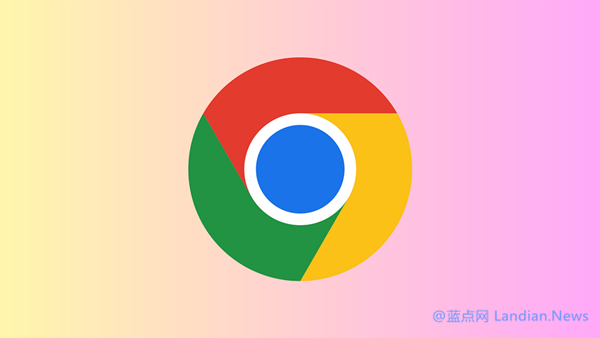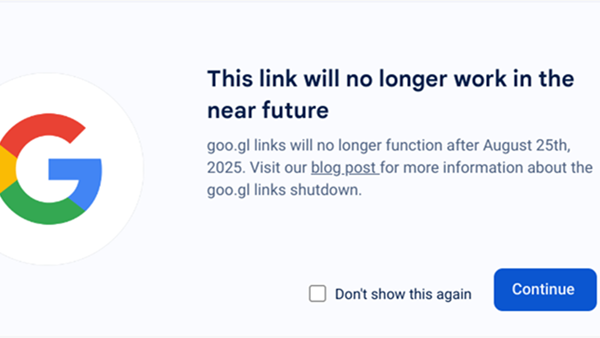Google Chrome Now Separately Lists Manifest v2 Extensions, Warning Users of Upcoming Unsupported Status
Google has been hesitant about the crackdown on third-party cookies but is taking a decisive stand against extensions developed using Manifest v2.
According to Google's previous plans, support for extensions developed with Manifest v2 will gradually cease. For now, users can still use these extensions, but it's expected that by the end of the year, these extensions will be disabled, and by next year, users may not be able to enable them manually.
Google has added a new prompt on the Chrome Extensions page, separately listing all extensions developed based on Manifest v2 to remind users that these extensions may soon be unsupported. (However, it's noted that not all v2-based extensions have received this prompt.)
For instance, the uBlock Origin ad-blocking extension installed by Landian.news, developed on v2, will soon be phased out. Currently, uBlock Origin has been redeveloped based on Manifest v3 as uBlock Origin Lite. However, due to some limitations, the new version has not been adopted yet.
This situation is challenging for developers because Google's prompt suggests users disable these extensions and look for similar ones on the Chrome Web Store, leading to potential user loss for these older extensions. Of course, this also serves as Google's way of encouraging developers to migrate sooner.
For users, whether they like it or not, extensions developed based on Manifest v2 will no longer be installable or usable in the future, meaning hundreds of thousands, or even millions, of extensions that have stopped updating will also become unusable. These extensions may still function properly but will be inaccessible unless users stick to older versions of Chrome.
Other Chromium-based browsers, such as Microsoft Edge, Opera, Vivaldi, and Brave, are expected to issue similar warnings soon, following Google's lead in gradually phasing out the Manifest v2 protocol.
